
The recent appreciation of the Ghana Cedi against major trading currencies has shrunk Ghana’s public debt by GH¢150 billion, The Ghanaian Times has quoted President John Dramani Mahama as saying in Ivory Coast.
The state owned newspaper again quoted the President as saying that because Ghana’s public debt is stated in cedis, anytime the local currency weakens against trading currencies, the debt is automatically pushed up.
“Fortunately, some measures we have put in place have recently begun to show results. By virtue of the cedi making gains against major trading currencies, we have reduced our total public debt over the last five months by almost GH¢150 billion,” Mahama reportedly said, adding “if that trajectory continues, the target of reaching 55 to 58 per cent of debt sustainability by 2028 will be achieved by the end of this year”.
If that happens, President Mahama said it would give government the fiscal space to begin to borrow to invest in the most productive sectors of the economy. However, the most sustainable means to keep the debt down, he noted, was to improve domestic revenue mobilisation, cut wasteful government expenditure, fight corruption and be more accountable.
“That is the focus of my administration. We must do smart borrowing by creating debts escrows so that the income for which you invested the credit can go into repayment,” he noted and cited the examples of the Tema Port expansion project and the terminal three of the Kotoka International Airport, which he said, were paying for themselves.
It is important to note that Ghana’s total public debt at the end of the first quarter of 2025, according to the Bank of Ghana in its Summary of Financial and Economic Data, stood at GH¢769.4 billion representing 55 per cent of Gross Domestic Product. These debts have been accumulated for years and if the policies of the present government has helped to reduce them by a whopping GHS150 billion, within just five months, then the Mahama government deserves all the applauds.
Already, some industry players are predicting that the current appreciation of the cedi cannot be sustained for a long time. The Chronicle prays that this does not happen, provided the government will stick to the smart borrowing policy.
As the president himself admitted in the story we are referencing – Tema Port, Kotoka International Airport andAtuabo Gas projects are all paying for themselves. This is the way we should go as a nation and not borrowing for consumption and piling up debts for the generations yet unborn. This is why we are again happy that the road tolls are going to be reintroduced.
The digital platform the government intends to deploy will surely help to rope in cars and vehicles in the urban centres, which were not paying any road tolls.
All over the world, roads are tolled to rake in revenue for the state, but surprisingly, we in Ghana decided that roads we borrowed from the capital market to construct should be toll free. In the advanced countries, they believe in collection of taxes, which they judiciously use to provide public infrastructure that we all admire any time we visit some of these countries. The only problem we have here in Africa is that after the taxes have been collected, officials create ‘loot and share’ companies to syphon these taxes into their private pockets.
This is the reason why African elites always oppose taxes because it would, at the end of the day, land in the pockets of politically connected people. The Chronicle, however, hopes that this will not happen in Ghana. From what we have observed for the past five months under the John Dramani Mahama presidency, it will be foolhardiness for any politician or businessman or woman to think that he or she can steal the tax payer’s money and go scot free.
If the president continues on this trajectory, there is no way majority of Ghanaians will oppose his tax policies because they know that at the end of the day, it will judiciously be utilised for the benefit of the people. But as we noted in our previous editorial, the appreciation of the Cedi has been appreciated by Ghanaians, but to help sustain it and not stride back as others are predicting, import substitution measures should be put in place.
We can’t continue to import agriculture related products when we have rich land to produce them locally. We know that some of these policies are sometimes very difficult to implement because the financiers of the ruling parties are the very people who are importing the products. But if we are looking at the interest of the country and not individuals, something should to be done about it.
The post Editorial: Ghana’s debt reduced by GH¢150bn – Hurray! appeared first on The Ghanaian Chronicle.
Read Full Story
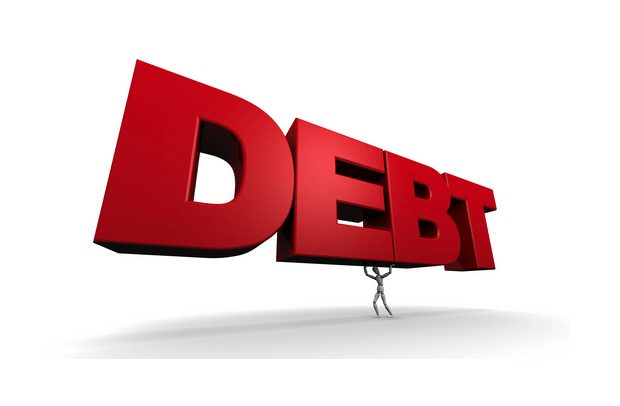
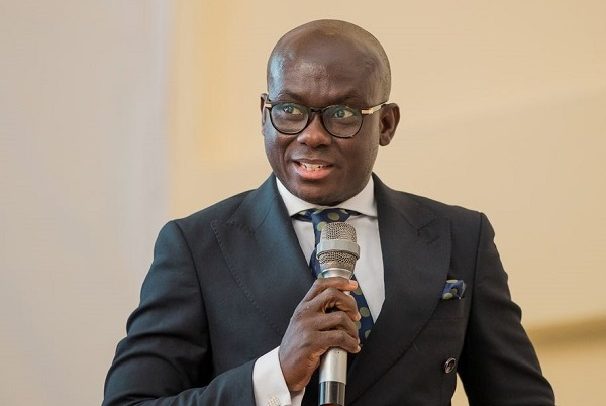
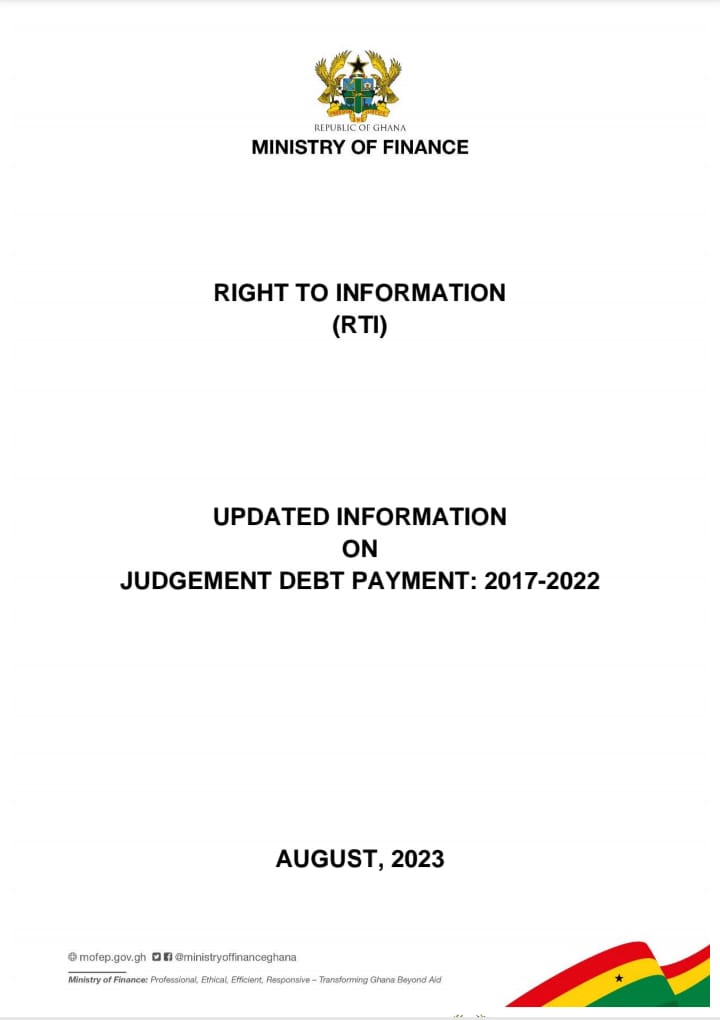
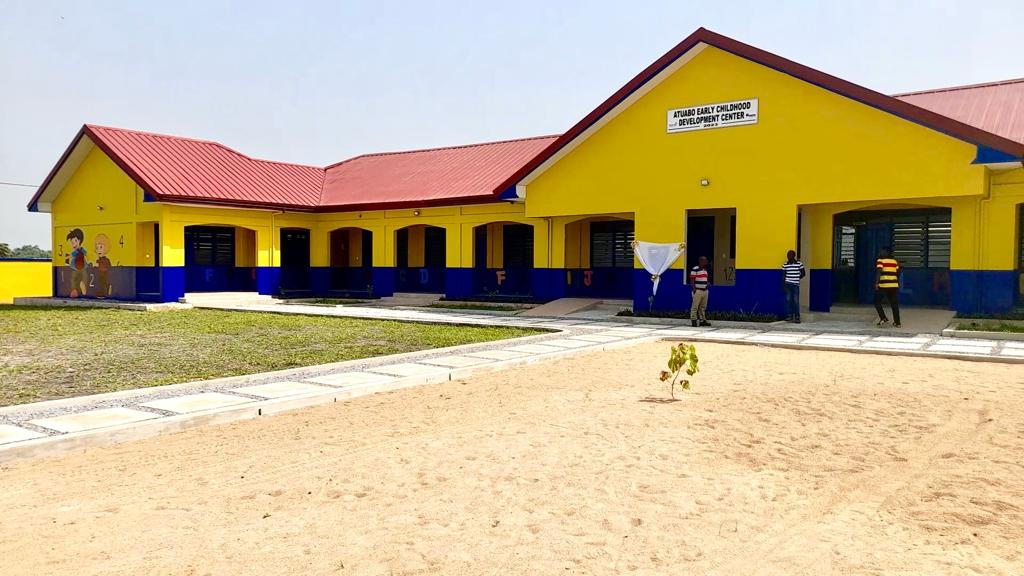
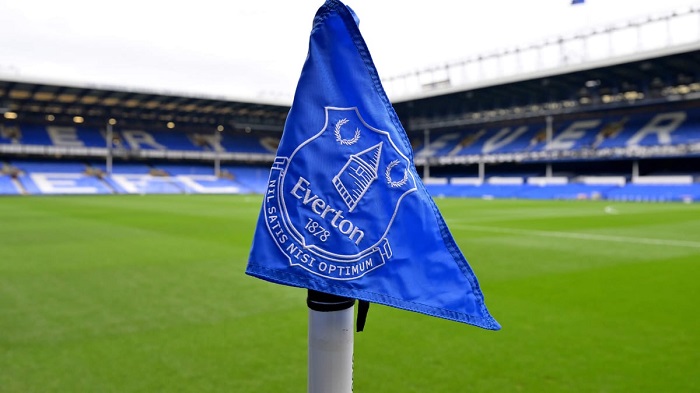



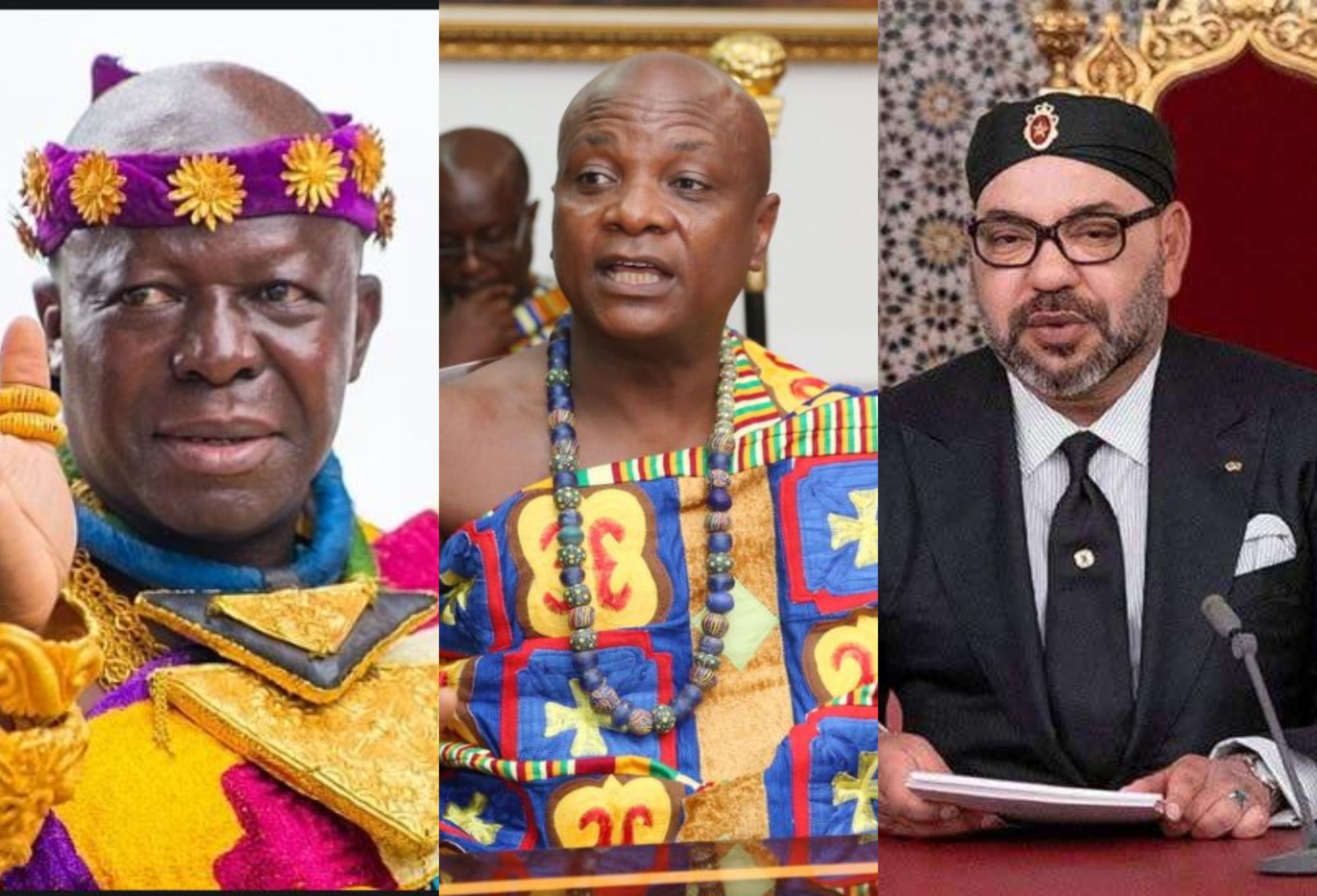







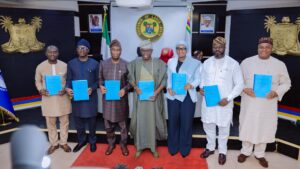
Facebook
Twitter
Pinterest
Instagram
Google+
YouTube
LinkedIn
RSS